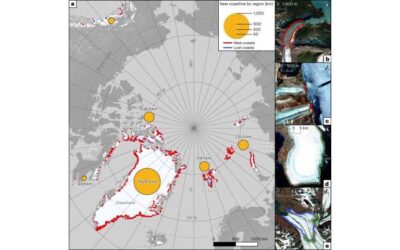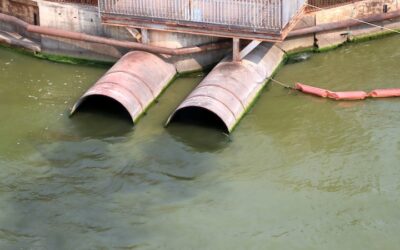This post was originally published on Sustainability Matters

The Waste Management and Resource Recovery Association of Australia (WMRR) has congratulated the winners of the inaugural 2024 Australian Resource Recovery Awards, announced in Adelaide on 16 October.
“The awards, which are part of the first ever Australian Resource Recovery Conference, recognise and honour those across industry striving to achieve our national 2030 resource recovery targets,” WMRR CEO Gayle Sloan said.
“Achieving the 80% resource recovery target requires significant local investment and a massive commitment to buying back what our essential industry manufactures. To do this, we need support across the entire value chain to ensure that our industry can compete on a level platform with virgin materials.
“We have a long way to go, but as peers we have celebrated those doing just that to make the future a reality. Our winners are playing their part in this challenge and inspiring others to drive positive change.”
The judges were impressed by the variety of nominees and the innovations being used to increase resource recovery.
The winners of the 2024 Australian Resource Recovery Awards are:
Resource Recovery Facility Award
Re.Cycle, for the Sunshine Coast Material Recovery Facility
Re.Cycle is a partnership between Re.Group and Sunshine Coast Council which runs an advanced material recovery facility. Opened in December 2023, it takes material from nine council areas and can process up to 250 tonnes of yellow bin commingled material a day across 10 material streams. Fitted with fire detection and suppression technology, it is achieving purity levels for plastic sorting of up to 98%.
Resource Recovery Innovation (or Project) Award
Port Pirie Regional Council, for its Weekly FOGO Transition
Port Pirie Regional Council, more than 200 km north of Adelaide, has only 17,000 residents. It has successfully transitioned to a weekly FOGO service seeing its kerbside diversion rate jump from an average of 46 to 67%, as well as a fall in landfill volumes by 38%. The introduction of FOGO has shown regional councils and lower socio-economic communities can achieve high-performing kerbside services that strongly contribute to cost-effective resource recovery — providing a potential pathway for other councils to follow.
Image credit: iStock.com/Lighthousebay





0 Comments